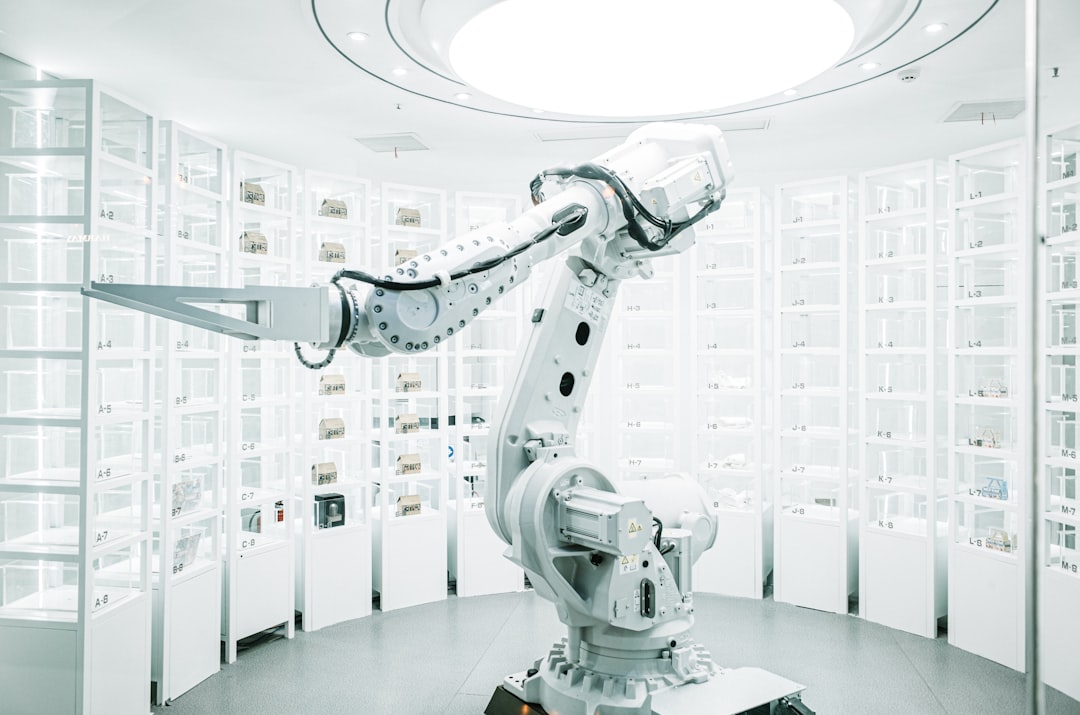Artificial Intelligence (AI) is no longer a futuristic concept; it’s a part of our everyday lives. From voice assistants like Siri and Alexa to personalized recommendations on Netflix and Amazon, AI is transforming how we live, work, and interact with technology. As AI continues to advance, its presence is becoming more widespread, reshaping industries and making tasks more efficient. But what does this mean for the average person? How will AI impact day-to-day life, and what opportunities and challenges does it bring?
One of the most significant impacts of AI on everyday life is convenience. AI-powered devices and applications simplify tasks, making them faster and more efficient. For instance, AI-driven customer service chatbots can answer questions 24/7, virtual assistants can help manage schedules, and AI algorithms can provide personalized shopping or entertainment recommendations. This increased convenience can save time and effort, allowing people to focus on more important aspects of their lives. AI is quietly streamlining how we live, enhancing the quality of daily experiences.
Another area where AI is making a difference is in healthcare. From diagnosing diseases to predicting patient outcomes, AI is playing a crucial role in improving medical care. AI-powered tools can analyze vast amounts of medical data, helping doctors make faster, more accurate diagnoses. Wearable devices with AI integration monitor health metrics in real-time, alerting users to potential issues before they escalate. For the average person, this means more proactive healthcare and better access to medical insights that can improve overall well-being.
However, the rise of AI also brings concerns, particularly around jobs and privacy. As automation becomes more prevalent, certain jobs—especially those involving repetitive tasks—may be at risk. While AI creates new opportunities, there’s also the possibility of job displacement in various industries. Additionally, AI relies on large datasets to function, which raises concerns about how personal data is collected, stored, and used. Balancing the benefits of AI with ethical considerations like data privacy and job security will be key as this technology evolves.
Ultimately, the age of AI presents both incredible opportunities and complex challenges. For the average person, AI means increased convenience, better healthcare, and enhanced experiences across many facets of life. However, it’s essential to remain informed about the potential downsides, such as job automation and privacy risks. As AI continues to develop, understanding its impact and preparing for its changes will allow individuals to navigate this new era with confidence and awareness.
